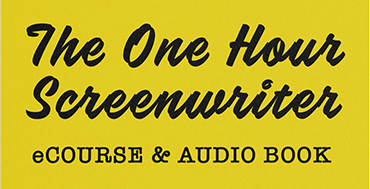Taking Woodstock – Bummer


Lou Lumenick in The New York Post complains that Lee “turns the fabled music festival, a key cultural moment of the late 20th century, into an exceedingly lame, heavily clichéd, thumb-sucking bore.” Likewise Rafer Guzmán in the New York Daily News calls the movie “frustratingly sedate, more opiate than hallucinogen.” Taking note of Lee’s assertion at the Cannes Film Festival last May that “I wanted to make a comedy after making so many tragedies,” Claudia Puig in USA Today comments, “He has done that, but he also has made a surprisingly bland film.” She concludes: “Lee’s movie captures the mellow mood and mud-caked faces of the crowd but misses the reverberations of the counterculture revolution.”
But Stephen Holden, who calls the movie “likable, humane,” suggests that such a task was never the object of the filmmaker. “Taking Woodstock,” he writes, “is a gentle, meandering celebration of personal liberation at a moment when rigid social barriers were becoming more permeable, at least among the young.” Several reviewers also find much to praise about the movie even while giving it barely passing grades. Betsy Sharkey comments in the Los Angeles Times that the movie amounts to “a meticulously rendered and achingly authentic portrait of a time and a place that is, by turns, sweeping and intimate, poignant and painful, funny and flat, emotional and emotionless. It’s a frustrating complication of a movie with a sprawling story and grand ambitions — and some truly grand acting — that stumbles almost as often as it soars. Bummer.”
I agree. Take away the residual nostalgia factor and the story just doesn’t stand on it’s own. The main character simply meanders through his Coming of Age choices. His choices cost him very little so his actions (or actually reactions) are robbed of meaning. To see how examples on how Coming of Age films should be constructed check out the article in the Power of Idealism section.



Create a visual map for a character’s emotional journey. Pull stories from character rather from rote story structure beats. Some of the largest international media companies, use this in story and character development.


A clear concise guide for writers and producers to have by their side as they embark on a project. It gives a really vital reminder of what is key for story success.

No comment yet, add your voice below!